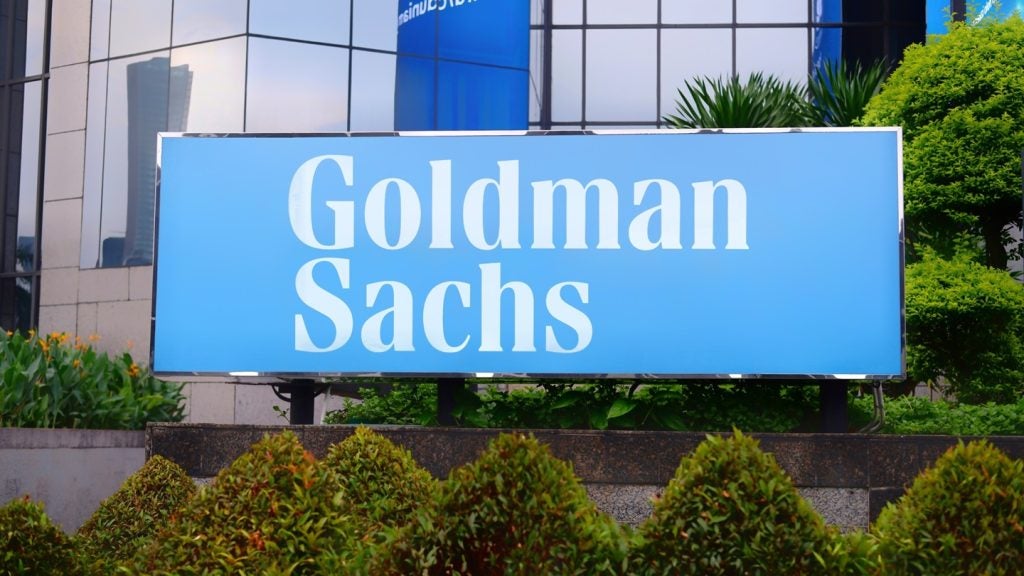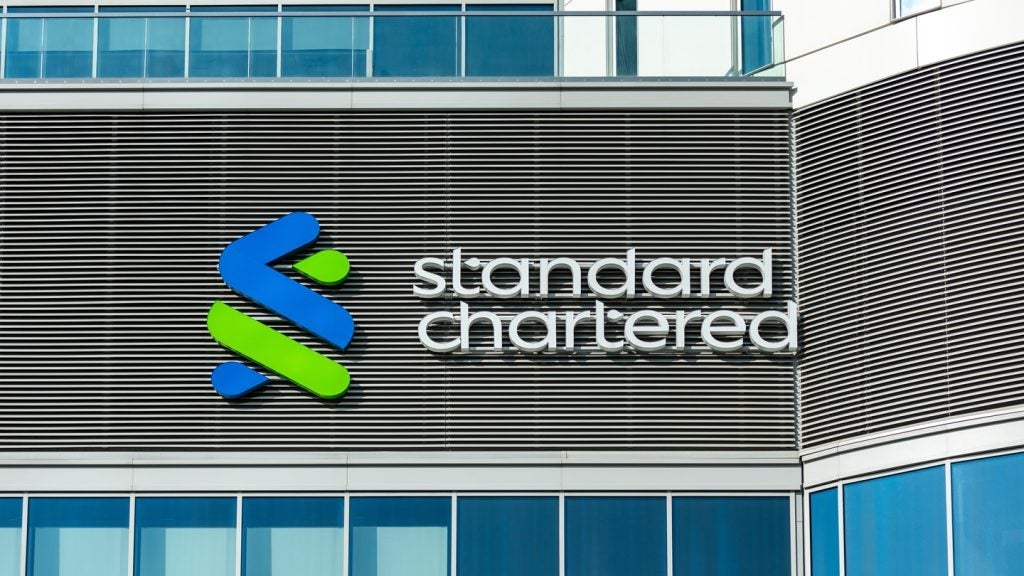
In the heart of Europe, nestled between Belgium, France, and Germany, lies the Grand Duchy of Luxembourg, a new wealth hub.
This tiny nation, smaller than some major cities, has made a name for itself as one of the wealthiest countries in the world. But what is it about Luxembourg that makes wealth so popular?
According to ABBL, Luxembourg’s largest and oldest professional association in the financial sector, its strategic location at the heart of Europe is crucial. Its proximity to major financial centres like Frankfurt, Paris, London, and Zurich make it an attractive location for international banks.
Over 100 financial firms have expanded operations in Luxembourg since the Brexit vote, underscoring its role as a gateway to the EU market.
ABBL’s mission is to foster the sustainable development of regulated, innovative, and responsible banking services. It represents a wide array of financial institutions, including banks, law firms, consultancies, auditors, and e-money and payment institutions.
The country’s extensive connectivity with global financial centres through networks of correspondent banks, clearing systems, and financial intermediaries facilitates cross-border transactions and investment flows.
As shown in GlobalData’s Mass Affluent Banking in Western Europe 2024 report, it has had the world’s highest GDP per capita for nearly three decades, with the financial industry accounting for 25% and serving as an operating hub for international financial institutions.
Banks who already have such clients in a formal mass affluent programme are more likely to be able to convert these high value customers into private banking clients.
Comprehensive wealth management solution
Guillaume Brateau, CEO of BNP Paribas Wealth Management Luxembourg, believes unique offerings and strategic advantages make BGL BNP Paribas a preferred choice for high-net-worth individuals (HNWIs) and ultra-high-net-worth individuals (UHNWIs).
BGL BNP Paribas, a significant player in Luxembourg’s financial sector, integrates wealth management as a core business line.
Catering specifically to an international clientele of HNWIs and UHNWIs, particularly entrepreneurs and families, BGL BNP Paribas provides tailored wealth management and financial solutions.
The bank offers a spectrum of high-end services, including investment advice, discretionary management, wealth planning, and asset diversification expertise.
Speaking to PBI (Private Banker International), Brateau emphasises the strength of their team: “With 250 dedicated employees in Luxembourg, we address the cross-border needs of strategic and key clients, as well as large entrepreneurial families. Supported by our local footprint in 17 countries, we ensure our clients receive personalised and comprehensive services.”
Specialised services
BNP Paribas Wealth Management Luxembourg stands out with its specialised services designed to meet the sophisticated demands of their clients.
“Since 2014, we have focused on understanding the specific needs of entrepreneurs and families through extensive international studies,” Brateau notes.
One of the unique services includes offering Fixed Income solutions and protected notes, allowing clients to benefit from market momentum.
He says: “Thanks to our One Bank approach and diversified model (CIB, Insurance, Securities Services, Asset Management) we are able to put the client in touch with the experts whatever the project is. For instance, our clients are very interested in our expertise in Fixed Income solutions and equity such as protected notes to benefit from the market momentum.”
Additionally, their expertise in real estate was demonstrated through a recent major deal in the UK, securing an off-market real estate asset in a prime London location, leveraging their UK Real Estate team.
Advantages of Luxembourg for wealth preservation and growth
Luxembourg’s position as an international banking centre and a hub for the global fund industry provides significant advantages for wealth preservation and growth.
Brateau highlights how Luxembourg “offers a framework fostering innovation, especially due to its cross-border expertise and international & multilingual talents. For example, the country was a pacesetter in green bonds and remains particularly active in the field of sustainable finance.”
Moreover, Luxembourg’s stable political environment and AAA financial rating further enhance its appeal as a safe and reliable place for wealth storage.
The country’s pioneering efforts in green bonds and sustainable finance also contribute to its favourable position in the financial world.
Similarly, the benefits and services that Luxembourg provides as a top global banking hub were also addressed in an interview with the ABBL.
In the opinion of ABBL, Luxembourg’s long-standing political stability, democratic system, and history of peaceful transitions of power create a secure environment for banking operations.
The government’s policies consistently promote economic growth and support the financial services industry.
Luxembourg’s AAA credit rating, one of the few in the world, underscores its strong economic fundamentals and low risk of default, further boosting investor confidence.
This broad representation also enables ABBL to provide its members with vital information, resources, and services essential for navigating the dynamic financial markets and complex regulatory environments.
Commitment to sustainable investing and philanthropy
BNP Paribas Wealth Management Luxembourg is deeply committed to sustainable investing and philanthropy.
The bank has been recognised for its responsible investment approach, having been awarded the Luxflag ESG label for its discretionary management under the Crystal mandate. “Our adherence to ESG criteria in investment selection reflects our dedication to responsible finance,” Brateau states.
In 2020, BNP Paribas launched the 1MillionHours2Help programme, which enables employees to engage in solidarity missions during working hours.
“In 2023, thanks to the collective commitment of our staff in Luxembourg, we reached a total of 1277 solidarity hours. In 2024, BGL BNP Paribas targets a total of 2500 solidarity hours,” Brateau proudly shares.
He adds: ‘‘The employees of BNP Paribas want to carry out a mission that is meaningful to its customers and the world around them. They do this primarily through their work, but also through their voluntary actions. We communicate with our stakeholders and have social and environmental objectives in line with widely accepted benchmarks in the world around us, such as the UN Sustainable Development Goals, or by our professional community, such as the Principles for Responsible Banking or the Principles for Responsible Investment.
“We ensure that our ethics and commitments to economic, social, civic, and environmental responsibility are embedded in our business processes. This commitment is reflected in our organisation and in the texts governing the company’s activities.”
Aligned with this, ABBL also shares that Luxembourg is a pioneer in sustainable finance, offering green and socially responsible investment products.
The launch of the first ESG Discretionary Mandate by LuxFlag in 2022 highlights Luxembourg’s commitment to sustainable investing.
Luxembourg’s stability
The economic and political stability of Luxembourg makes it a magnet for wealth management.
The GlobalData Country Risk Index (GCRI) Q4 2022 shows that Luxembourg is one of the very low risk nations. Luxembourg ranked 15th out of 153 nations in GCRI Q4 2022, with a very low risk score below 30.
Its overall risk score is 23.9 out of 100, higher than West Europe’s average. However, it has lower risk scores in political environment, environmental, macroeconomic, and demographic structure.
“Given the stability and resilience of Luxembourg’s banking sector, many clients decide to book their assets here. We observed the same phenomenon during Brexit where focus on Luxembourg has been reinforced by some banks that decided to switch their booking hubs to Luxembourg,” explains Brateau.
This stability, coupled with Luxembourg’s strategic advantages, solidifies its reputation as a primary destination for wealth management.
Brateau’s insights underscore BGL BNP Paribas’s commitment to delivering tailored services to its elite clientele, leveraging Luxembourg’s strategic advantages to offer unparalleled wealth management solutions.
Nonetheless, when looking at Luxembourg’s global outlook, it caters to the needs of clients with international interests, particularly a Pan-European clientele corresponding to ABBL.
The private banking sector is seeing a shift towards ultra-high-net-worth clients, and there is a growing appetite for alternative products like private equity.
The new government’s commitment to the financial centre and the implementation of the Capital Markets Union (CMU) present opportunities for Luxembourg’s banks to channel clients’ assets into sustainable investments.
Favourable environment
ABBL reveals Luxembourg’s tax environment which is fully compliant with international standards for automatic exchange of information on tax matters, continues to attract private banking clients.
Despite increased transparency, Luxembourg has seen uninterrupted growth in assets under management, nearly tripling from €225bn ($244bn) in 2008 to €585bn ($636bn) in 2022.
Luxembourg popularity of wealth is a complex interplay of historical legacy, economic prosperity, cultural influences, and social dynamics. Understanding this fascination sheds light on the essence of Luxembourg’s identity as a wealthy and prosperous nation.
The Mass Affluent Banking in Western Europe 2024 report further indicates that despite certain economic consequences, Britain’s exit from the EU had a positive impact on Western European economies, with the financial services industry benefiting most.
Nearly half of FS companies in London have operations and/or plan to relocate to the EU, with Frankfurt, Paris, Amsterdam, and Luxembourg being prominent targets.
In the meantime, following Brexit, many Eastern Europeans have returned to countries such as Germany and the Netherlands to continue working and contributing to economic growth.






